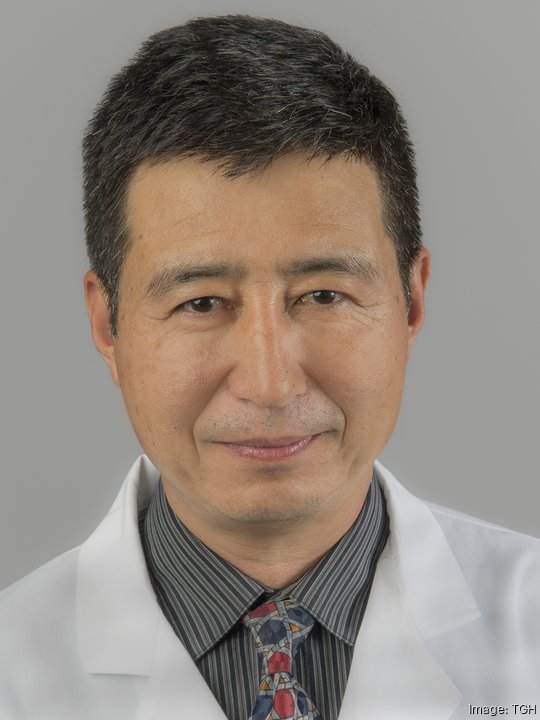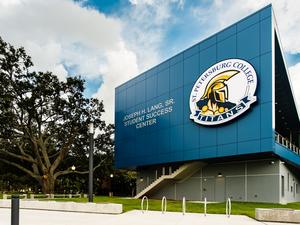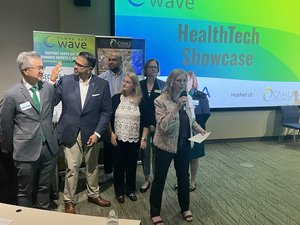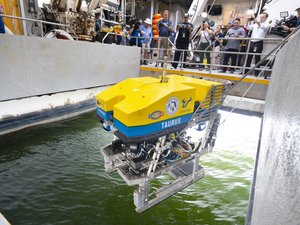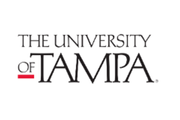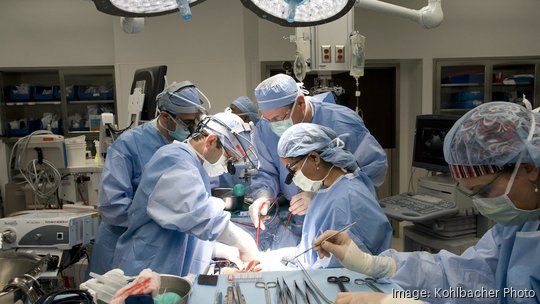
Tampa General Hospital has announced the development of a new device that optimizes donor organs and makes more donor hearts eligible for transplantation.
The project was conducted by Dr. Lucian Lozonschi, professor and director of the division of cardiothoracic surgery and transplantation, and Dr. Ruisheng Liu, professor in the department of molecular pharmacology and physiology at the University of South Florida Health Morsani College of Medicine. They received $500,000 for two years from the Interdisciplinary Research Award at USF.
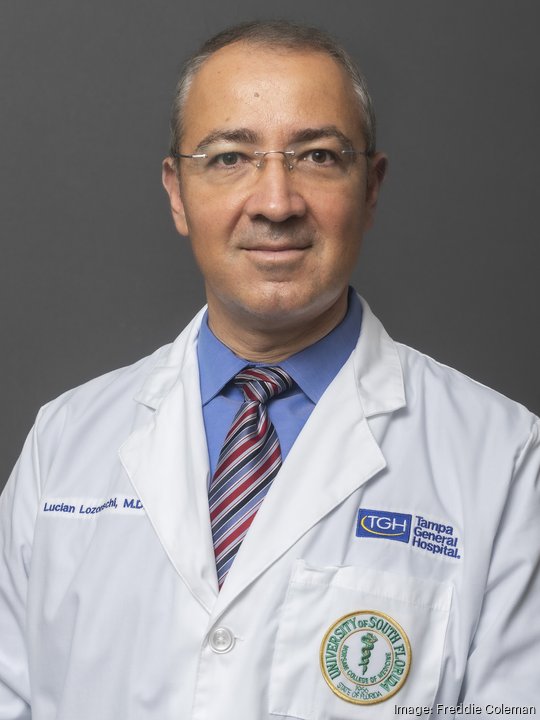
The project was one of six awarded grants this year and the largest sum from the program that promotes innovative research.
The Synchronization Modulation Electric Field device, developed by Dr. Wei Chen, Liu and Lozonschi, can not only maintain the Na/K pump functions but also generate adenosine triphosphate molecules. The pump molecules can effectively work in situations with a limited or lack of ATP supply, such as hypoxia.
USF Health and TGH have joined forces on a medical district and on research and innovation in Tampa Bay.
“Our goal is to expand access to world-class care and save more lives,” said John Couris, president and CEO of TGH, in a release. “With innovative approaches to transplantation, we can extend the life of critical organs and improve patient outcomes. This grant will advance our research efforts, directly impacting our patients.”
According to the release, there is a national shortage of donor organs to meet the needs of patients experiencing heart failure. Donor organs must be transplanted within just five hours, and they degrade in transit due to a lack of blood supply.
The SMEF device protects donor hearts in a way that lengthens the time available for transit from five hours to more than eight.
This approach would address the shortage of available hearts for donation by extending the time donor hearts are available. The device also improves the organ’s function by protecting its cellular activity during transport.
“Drs. Lozonschi and Liu make an incredible team for this translational research project that is taking foundational bench science through the rigors of pre-clinical trials. This translational research represents an excellent example of the bench-to-bedside progress that can only be accomplished at academic health systems, such as ours,” said Dr. Charles J. Lockwood, executive vice president of USF Health and dean of the Morsani College of Medicine, in a statement.
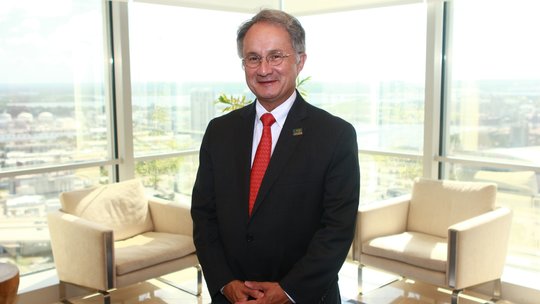
Lozonschi and Liu were among more than three dozen teams applying for the Interdisciplinary Research Award at USF. However, only $1.5 million in funding was available to support their work.
